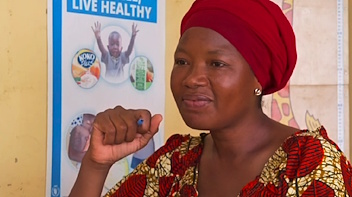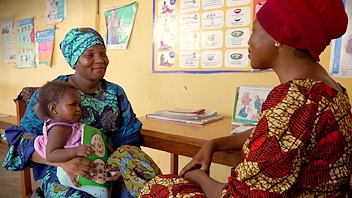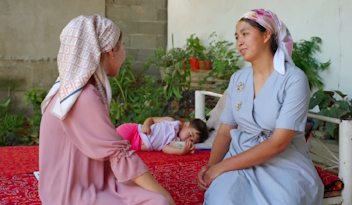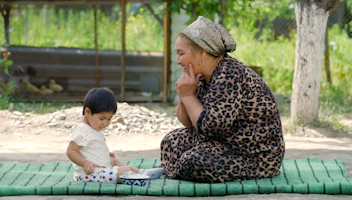Consejería a los Cuidadores en una Visita Clínica: Enfoque en 5 Pasos
Este vídeo en español, procedente de Ghana, muestra a una profesional sanitaria utilizando una comunicación interpersonal cálida durante una visita rutinaria a la clínica de una madre y su hija de 8 meses.Read More →








